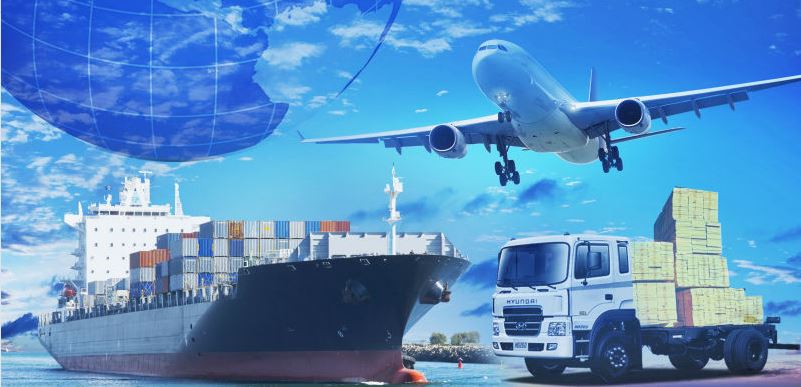
Freight brokers and freight forwarders are often used interchangeably in the shipping industry. These two types of freight transportation indeed serve similar purposes. It is important, however, to examine the differences more closely.
It may be difficult for you to decide whether a freight broker or a freight forwarder is the best choice if you’re starting an e-commerce business and need to ship freight. Making an informed decision about the type of services available to UK-based businesses is crucial.
Freight Brokers: What Is Their Role?
Many industries use the term “broker,” and they all represent the same concept. An intermediary acts as a bridge between two parties in a business transaction and acts as a liaison between them.
To connect businesses with transportation carriers, freight brokers use their skills and knowledge. To achieve a specific goal, these two parties need to communicate effectively.
A freight broker can assist in resolving various conflicts that might arise without one. The process is made easier with the help of a skilled freight broker who possesses all the necessary licences and is well-educated on freight laws.
The third party can see the bigger picture, smooth out any issues, and reach a satisfactory solution for all parties involved in the transaction. Using a freight broker has several important advantages.
In addition to being able to adapt effortlessly to continuous changes in the industry, a top-notch freight broker can handle continuous changes in the industry as well. Additionally, they must ensure that the shipping fees are as low as possible and optimise the entire process.
Finally, they can assist businesses in dealing with claims of damaged or lost goods and ensure that the appropriate legal steps are taken.
Freight Forwarders: What Are They?
Like freight brokers, freight forwarders act as intermediaries between businesses and carriers. Despite providing many of the same services as freight brokerage, a freight forwarding company goes beyond them.
Essentially, freight forwarders consolidate services related to freight. Freight forwarding encompasses a wide range of services, including complex logistics. It has to do with freight forwarders taking over freight and using their bill of lading (BOL).
It’s common for freight forwarders to break down and store goods before they prepare them for distribution. To provide their clients with the best possible forwarding solution, they devise a thorough plan.
In addition to acting as an intermediary between carriers and shippers, they handle all documentation as well.
Freight forwarders are often hired due to the complicated and overwhelming paperwork associated with international shipping. Packaging and labelling services are also available to UK-based businesses.
They provide all port entry details, as well as proper labelling for hazardous cargo.
The Main Differences Between Freight Brokers And Freight Forwarders
If freight brokers and freight forwarders are compared closely, they have two important differences. First of all, freight is never in the possession of brokers. The importance of that cannot be overstated.
As opposed to freight forwarders, brokers do not come in contact with the freight they take over from businesses and store in warehouses. Bills of Lading are not required by freight brokers, nor does any preparation need to be done before shipping. There is also a crucial difference in liability.
Brokers are not liable in any way for damage to or loss of cargo. Freight forwarders, however, are legally responsible for making sure shipments are not damaged or lost.
It is for this reason that they are so dedicated to having a comprehensive insurance policy. Any claims or issues can be handled by the broker, but they aren’t legally responsible.
What Is The Best Service For Your Business?
It is not necessarily that these services compete against each other, but they overlap. Freight brokers and forwarders are needed depending on the specificities of a shipping project for a company.
Local shipping often requires little or no warehousing or documentation, so brokers are often a much more efficient option.
However, if your international freight transportation involves multiple stops and complex storage requirements, you might benefit from the services of a freight forwarder. Find a reliable freight transport company regardless of what you decide.




